Tokyo demimonde
The street photography of Watanabe Katsumi

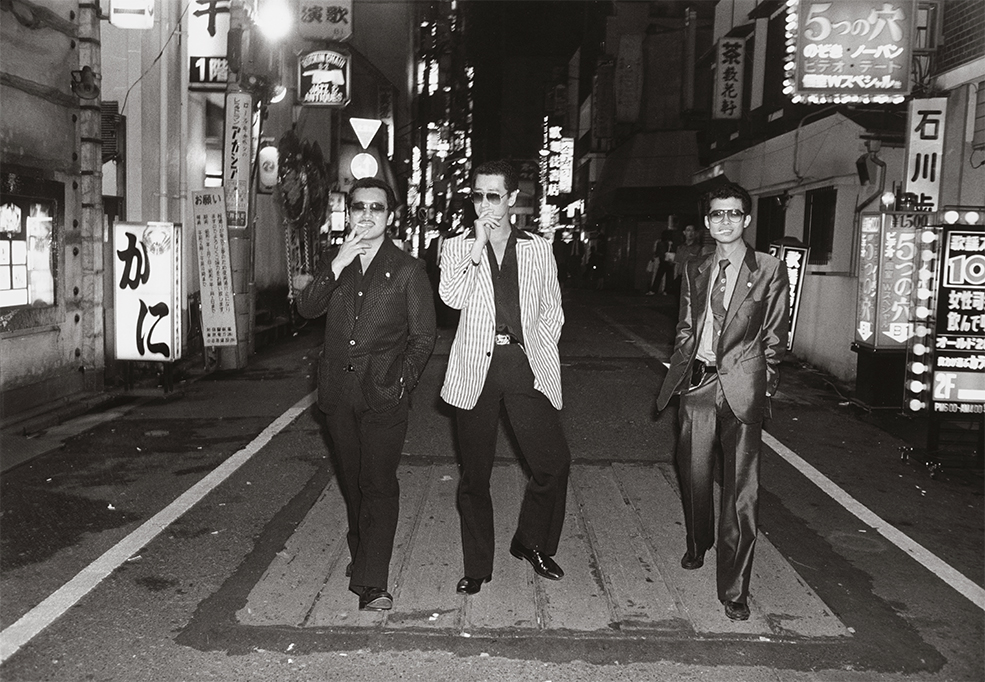
A free daily email with the biggest news stories of the day – and the best features from TheWeek.com
You are now subscribed
Your newsletter sign-up was successful
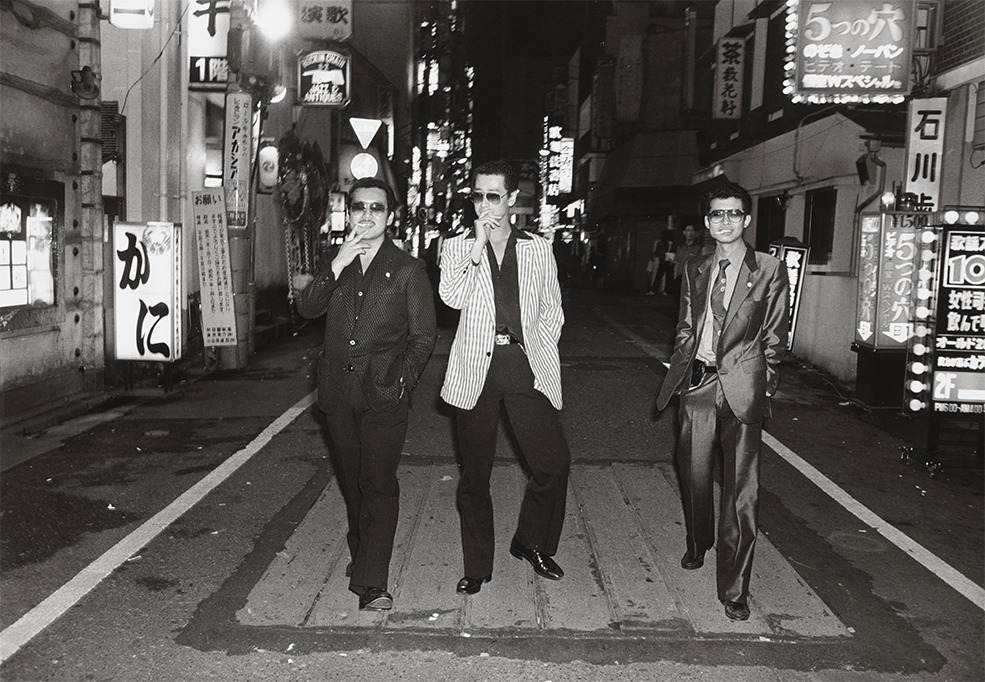
(Courtesy Andrew Roth Gallery in association with PPP Editions, New York)His work went largely unrecognized in his lifetime. Shortly after he died, Watanabe was featured in an exhibition at New York's Andrew Roth Gallery, which also publishes a book of his photographs, Gangs of Kabukicho, in collaboration with PPP Editions.Otherwise, Watanabe had headlined only one exhibition, in 1986, and self-published a collection of his photos in 1972. Before that, he eked out a threadbare existence selling these portraits, for a couple hundred yen a piece, to their subjects: the gangsters, prostitutes, drag queens, and street musicians of the Tokyo demimonde.
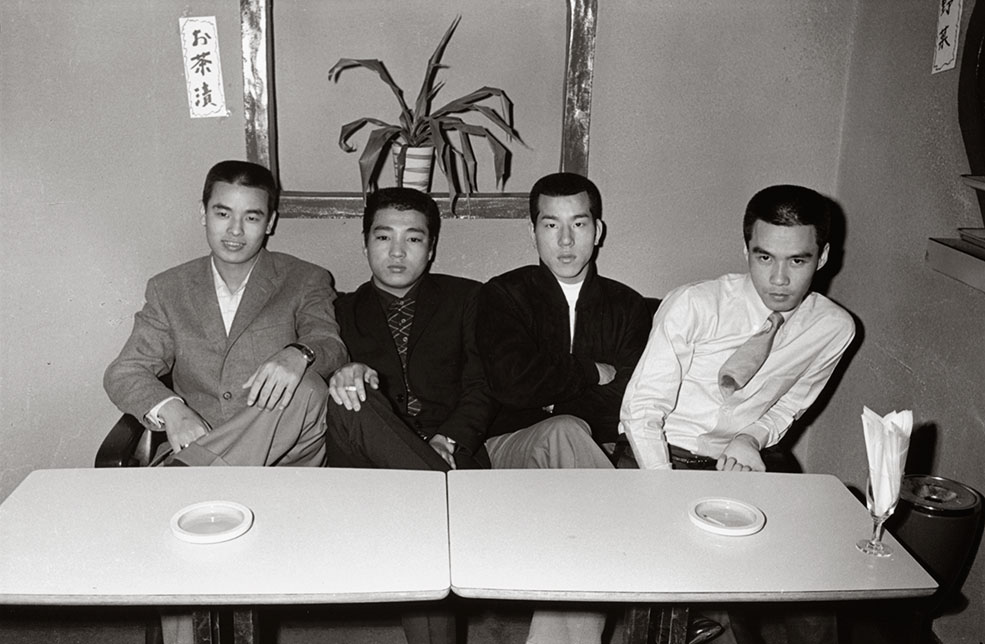
(Courtesy Andrew Roth Gallery in association with PPP Editions, New York)This arrangement explains why his subjects strike exaggerated poses and gaze deeply into the camera. They don't interrogate the photographer with scowls, as do the unconsenting subjects of Weegee and Garry Winogrand, two American street photographers who shared Watanabe's sensibilities. The grifters of Watanabe's world are open, tough, and bawdy, radiating the louche spirit of a new Japan, which a generation earlier had been trapped in an ultra-conservative militarism that led directly to the catastrophe of World War II.
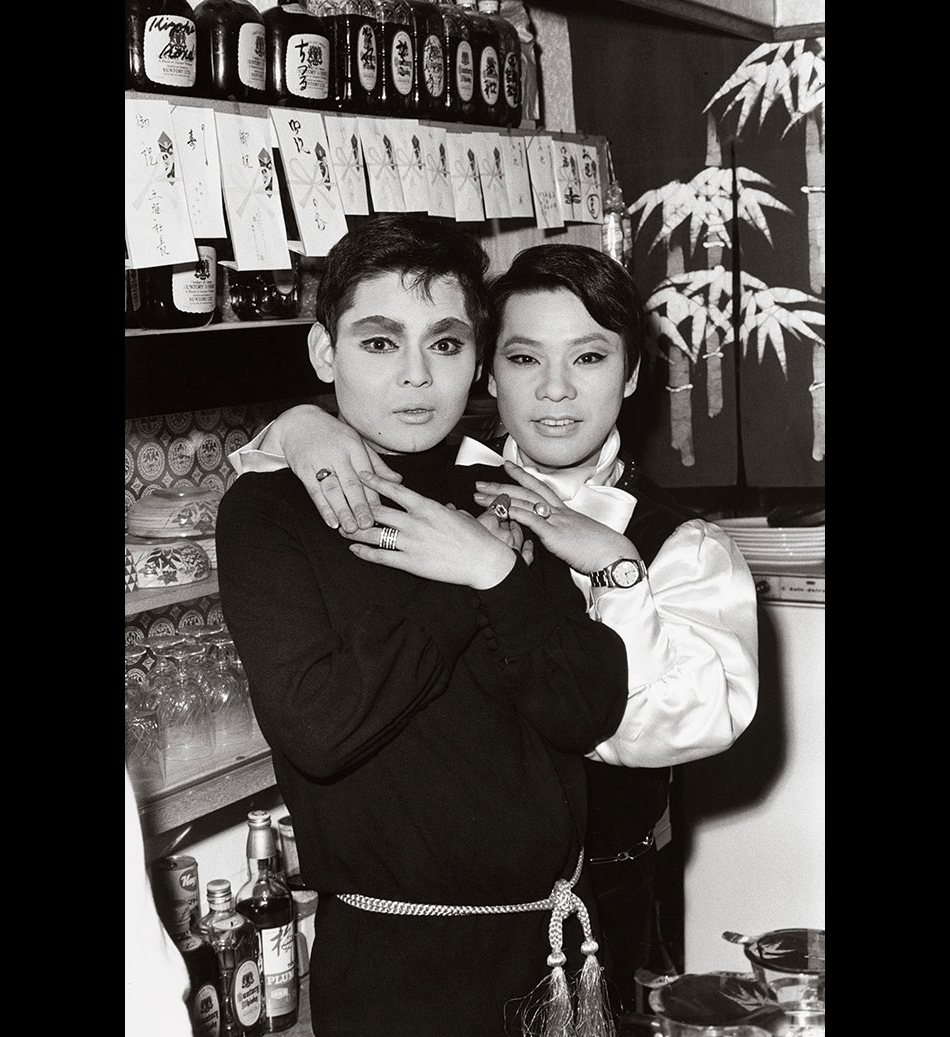
(Courtesy Andrew Roth Gallery in association with PPP Editions, New York)As John W. Dower notes in his book Embracing Defeat, those on the margins of Japanese society — the gamblers and hookers, the poets and black marketers — were the first to invent new subcultures that worked to overthrow the old order, which had been fortified by a propaganda campaign of hatred against the decadent West. After the war, chaste propriety and nationalistic pride were out, and decadence and nihilism were in. These rebels and outcasts lived for pleasure, because life, in the most liberating sense, meant nothing. And perhaps no figure embodied that sentiment better than the panpan — or "woman of the night."
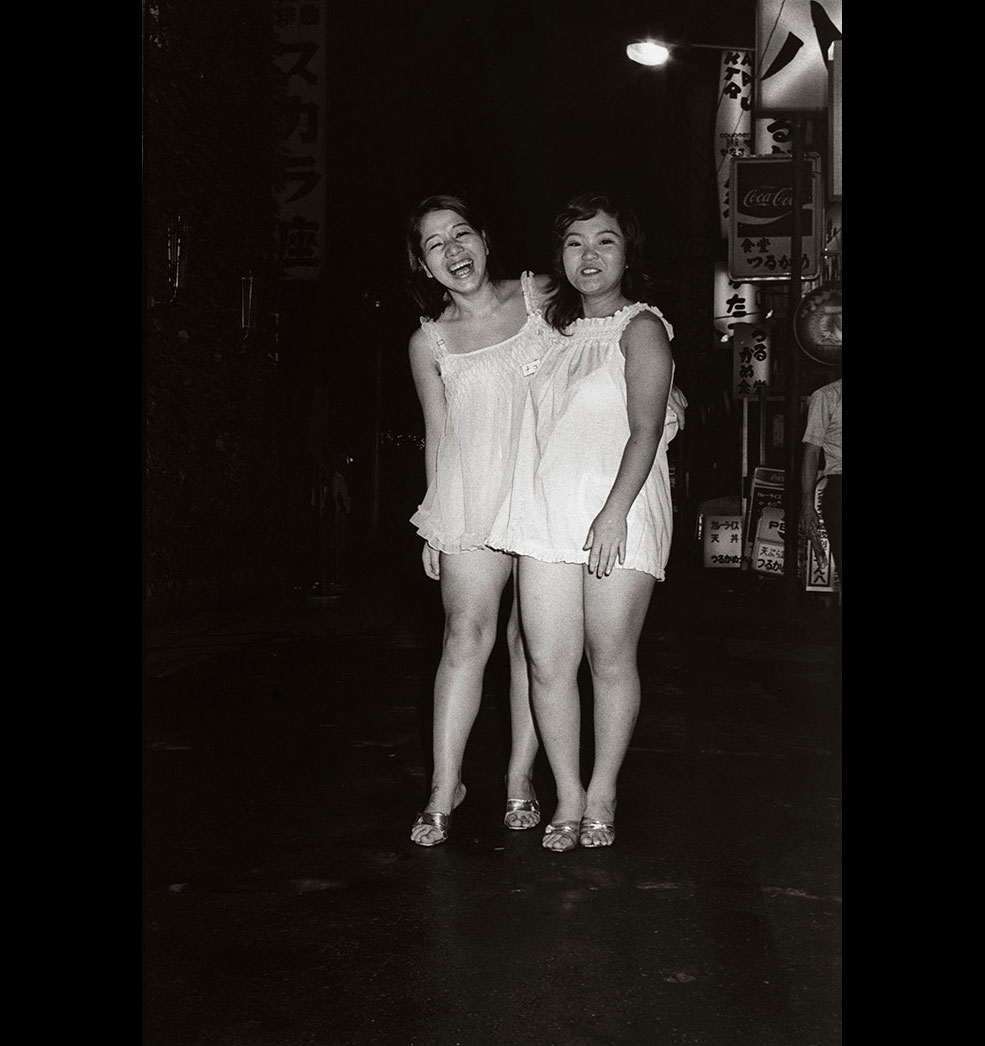
(Courtesy Andrew Roth Gallery in association with PPP Editions, New York)The heyday of what was known as kasutori culture — named after an eye-watering moonshine made from the dregs of sake — was as fleeting as it was revolutionary. But its essence lived on in Watanabe's Kabukicho, where the low life was the expression of a fallen kind of freedom.







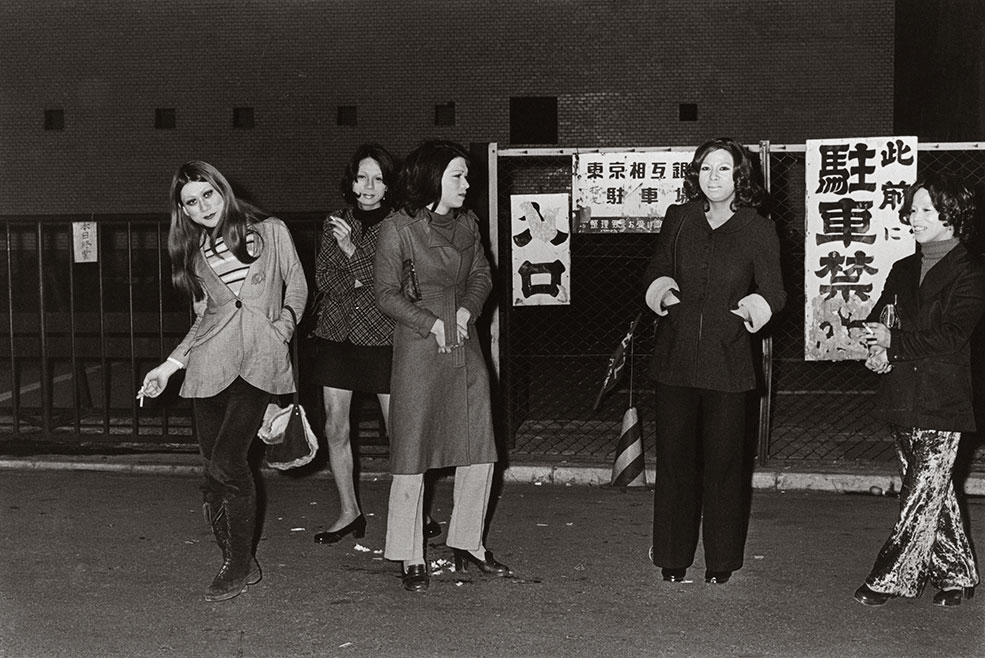
A free daily email with the biggest news stories of the day – and the best features from TheWeek.com
Ryu Spaeth is deputy editor at TheWeek.com. Follow him on Twitter.
-
 What are the best investments for beginners?
What are the best investments for beginners?The Explainer Stocks and ETFs and bonds, oh my
-
 What to know before filing your own taxes for the first time
What to know before filing your own taxes for the first timethe explainer Tackle this financial milestone with confidence
-
 The biggest box office flops of the 21st century
The biggest box office flops of the 21st centuryin depth Unnecessary remakes and turgid, expensive CGI-fests highlight this list of these most notorious box-office losers